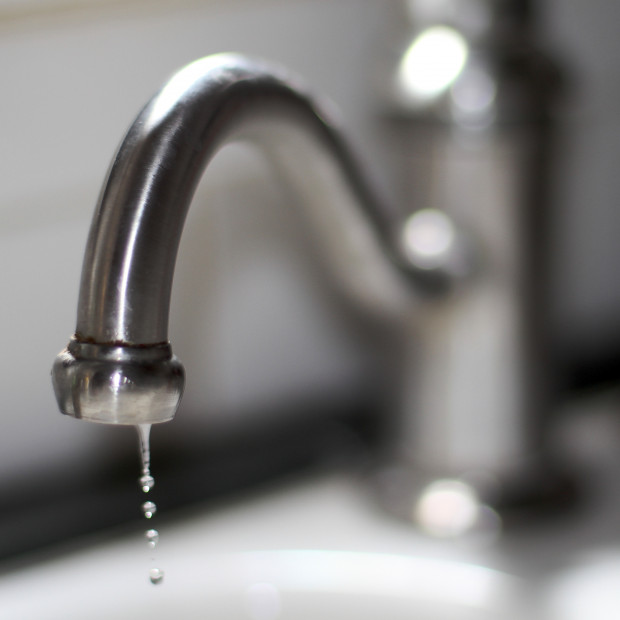Pennsylvania lacks resources to enforce safe water standards, says EPA
-
Marie Cusick

Eric Norris via Flickr: http://bit.ly/1ryPA8o / Eric Norris via Flickr: http://bit.ly/1ryPA8o
The Pennsylvania DEP is “dangerously close” to not being able to accomplish its mission, says former Secretary David Hess. http://bit.ly/1ryPA8o
Federal officials are warning the Pennsylvania Department of Environmental Protection that it lacks the necessary staffing and resources to enforce safe drinking water standards, which could be grounds for taking primacy away– costing the state millions of dollars in federal funding.
“Pennsylvania’s drinking water program failed to meet the federal requirement for onsite review of of water system operations and maintenance capability, also known as a sanitary survey,” wrote EPA Water Protection Division Director Jon Capacasa in a letter dated December 30. “Not completing sanitary survey inspections in a timely manner can have serious public health implications.”
On Wednesday problems in Pittsburgh led to the closure of nearly two dozen schools and a boil-water order for 100,000 people. State environmental regulators had discovered low chlorine levels, after testing the city’s water as part of an ongoing investigation into its water treatment system. The city has also been having issues with elevated lead levels.
In its December letter to DEP, the EPA says the department’s lack of staff has caused the number of unaddressed Safe Drinking Water Act violations to nearly double in the past five years, from 4,298 to 7,922. This warning from the feds shouldn’t come as a surprise to anyone, says David Hess, who served as DEP Secretary under former Republican Governor Tom Ridge. He’s now a lobbyist with Crisci Associates in Harrisburg.
“DEP has seen a significant drop in its budget. It’s down over 800 positions, which is 25 percent of its staff,” he says. “The General Fund, which pays to keep the lights on and pays for people, has dropped 40 percent in the past 14 years. DEP is getting dangerously close to not being able to accomplish its mission.”
For Hess, the most disturbing element of the letter reveals Pennsylvania environmental regulators have not been able to keep up with the minimum required number of inspections, which is just once every three years for community water supplies, and once every five years for non-community supplies, such as schools, camps, or bulk water suppliers.
“That means public health is increasingly at risk, because no one is going there, even every three years,” he says. “Fortunately, we haven’t had any outbreaks because our larger water supplies are very effectively run, but it’s just a matter of time before some of that catches up to us.”
If Pennsylvania loses primacy in enforcing the federal Safe Drinking Water Act, Hess says the state will lose $5.5 million for its regulatory program and another $100 million of federal Drinking Water Revolving Fund monies, which support water improvements. Water systems would also be subject to double-permitting, as the EPA takes over enforcement of federal law and Pennsylvania continues enforce its own state Safe Drinking Water Act.
DEP is aware of the issues, and shares the EPA’s concerns, says department spokesman Neil Shader.
“The EPA’s concerns are well-founded, and without additional investment, the problems outlined by EPA will continue to be exacerbated,” Shader writes in an email. “DEP is discussing means of addressing these shortfalls in conjunction with its technical advisory committee representing water systems.”
It remains to be seen how the politics of the situation will play out. The letter was sent shortly before President Donald Trump took office, and he’s pledged to roll back many of the EPA’s duties. However, he has also said he will refocus the agency on protecting clean air and water. In the letter, the EPA is seeking an action plan from DEP regarding how it will address these issues within 60 days.
















